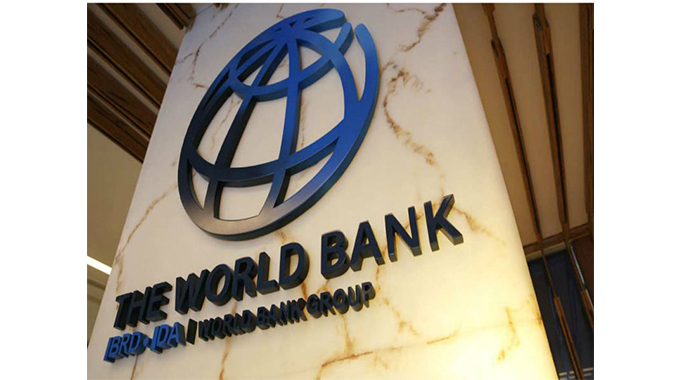
Business Reporter
STRONG agricultural growth and a faster-than expected recovery in commodity prices has helped African economies to withstand economic shocks induced by the deadly Covid-19 pandemic, the World Bank has said.
Although Sub-Saharan Africa’s economic growth is estimated to have contracted by two percent last year, the multilateral finance institution says prospects for recovery are stronger for the region amid actions to contain new waves of the pandemic and speeding up vaccine roll-outs.
In a recent update following an assessment of the region’s economy, the World Bank has forecasted that growth in the Sub-Saharan Africa region would rise between 2,3 and 3,4 percent in 2021.
However, it quickly said this would depend on the policies adopted by countries and the international community.
“African countries have made tremendous investments over the last year to keep their economies afloat and protect the lives and livelihoods of their people,” said Mr Albert Zeufack, World Bank chief economist for Africa.
“Ambitious reforms that support job creation, strengthen equitable growth, protect the vulnerable and contribute to environmental sustainability will be key to bolstering those efforts going forward toward a stronger recovery across the African continent.”
The bank’s report further notes that economic recovery hinges on countries deepening reforms that create jobs, encourage investment and enhance competitiveness.
The resurgence of the pandemic in late 2020 and limited additional fiscal support, it warned, could pose an uphill battle for policy makers as they continue to work toward stronger growth and improved livelihoods for their people.
There are fears that a third wave of Covid-19 infections could drag down the 2021 growth projections.
The World Bank has placed real Gross Domestic Product growth for 2022 at an estimated 3,1 percent with most countries in the region expected to have well below the pre-Covid-19 economic projections with variations on recovery. The bank has said that African countries can speed up their recovery by ramping up existing efforts to support the economy and people in the near term, especially women, youth and other vulnerable groups.
It recommended policies that complement reforms towards inclusive productivity growth and competitiveness, reducing countries’ debt burden and releasing resources for public investment in areas such as education, health and infrastructure.
